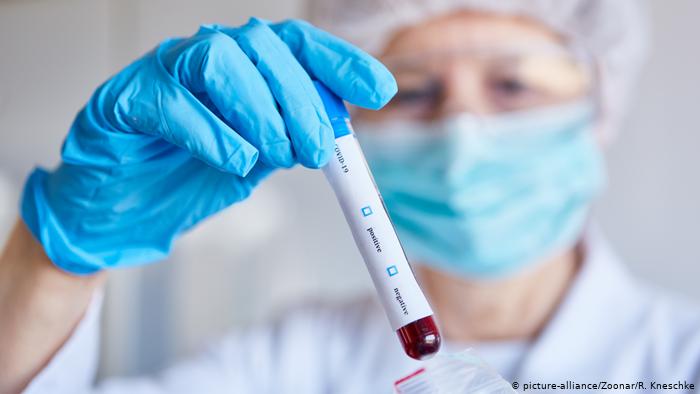MINOT, N.D. – In order to keep the coronavirus vaccine alive, it needs to be stored at cold temperatures—really cold temperatures.
Minot has two ultra-cool freezers that have the capability of storing such a vaccine, one of which is on the Minot State campus.
Minot State University professor Dr. Heidi Super said this ultra-low freezer has been in the MSU Biology Department for more than a decade.
“This kind of storage is really common in molecular biology research labs because we need to store more long term things like cell lines and bacterial strains,” said Super.
According to the First District Health Unit, nearly 7,000 vaccines are scheduled to make their way into the state Monday.
To keep the vaccine alive, health officials said they need to keep it under 70 degrees below zero, and this freezer at Minot State reaches 80 degrees below zero.
MSU Biology Department Chair Dr. Paul Lepp said the door cannot be open for long to maintain the extreme cold temperatures.
How extreme?
“It’s so cold that you cannot touch the inside of this. You’ll get frostbite almost instantly,” said Dr. Lepp.
Freezers like these are common in science labs that store RNA and DNA long-term, but not so much in hospitals that store vaccines for the flu which is stored at a higher temperature for fewer amounts of time.
“They have a high turnover so they are never stored for a long period of time,” said Dr. Super.
Super said this freezer at MSU can hold tens of thousands of vials of vaccines.
It’s also monitored 24/7 and calibrated to make sure the temperatures are never too low which could ruin months’ worth of vaccine.
“I can set it up to track every five minutes. It will record the temperature so we have a constant record of what the temperature is so we know the vaccine will never get above that minus 70,” said Dr. Lepp.
If temperatures do drop the professors and health officials are alerted via text.
Lepp said if MSU is chosen to store the vaccine, the freezer will be moved from the science department hallway to a secure room.
The freezer at Minot State has not been formally included in the storage plans just yet, but both professors say they are thrilled to be able to help First District store the vaccine if they are needed.


